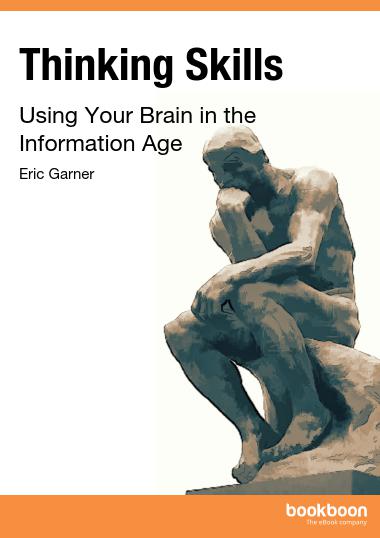Thinking critically in Bangladeshi workplaces: 4 ways to improve critical thinking

According to a study by author Thauhida Hussain Rupa, lack of critical thinking skills among Bangladeshi students has a negative effect on their employment prospects and success in the workplace. A strong set of critical thinking skills not only aids young people entering the workplace for the first time but will help anyone throughout their entire career.
Here are 4 ways to improve critical thinking skills. –
Critical thinking: Become self-critical
The first and possibly most important step to developing your critical thinking is becoming critical about yourself. Self-reflection promotes growth and without it, thinking critically about external aspects in life becomes difficult. It is good practice to break down your own thoughts and feelings by determining how you feel about something and analysing why that may be. It is also useful to acknowledge your strengths, weaknesses, preferences, and biases in order to understand and observe how you might respond in various situations and why.
In the workplace: Self-reflection lets us prepare for how we will likely handle challenging or unexpected scenarios in the workplace. Knowing where our areas of weakness lie helps us to develop coping mechanisms to overcome them. For example, if you find you struggle with time-management, the first step is to be aware of this and in what sense and then take steps to better organise your day.
Get thinking every week with our weekly newsletter #ThoughtfulThursday.
Critical thinking: Listen actively
This part of critical thinking actually involves putting our thoughts on pause. Critical thinkers actively listen to others without planning your response while they are thinking. Giving your full attention to someone’s opinions, ideas and arguments allows us to feel empathy and develop perspective. Active listening also involves clarification by asking follow-up questions.
In the workplace: One of the most common causes of conflict is miscommunication. Making sure you actively listen to what is being expected of you can avoid a lot of friction.
Critical thinking: Be analytical
When we properly listen to someone, we are able to take in information and truly analyse it. Analysing information that is being communicated to us is an essential part of critical thinking. Being completely analytical at all times is next to impossible as the emotions and preconceived biases we spoke about earlier will always come into play. Breaking down information by assessing the message and ensuring we understand it helps us make an objective viewpoint as well as work out how our decisions will impact others.
In the workplace: In any situation in which you are required to make a decision, ensure you gather all the relevant information and go through it with a critical eye. Sorting information into parts, comparing and analysing it often helps you come up with a brand new outlook or idea that, without thinking critically, may not have come to you.
Critical thinking: Plan and set goals
A large part of critical thinking involves planning and foresight. It is important to determine our ultimate goals and then think critically about how we will get there by setting goals that are specific, maintainable, attainable, realistic and timely (SMART).
In the workplace: When it comes to your daily, weekly or long-term goals, set yourself up for success by not only determining your end goal but carving out your long-term path to arrive there.
